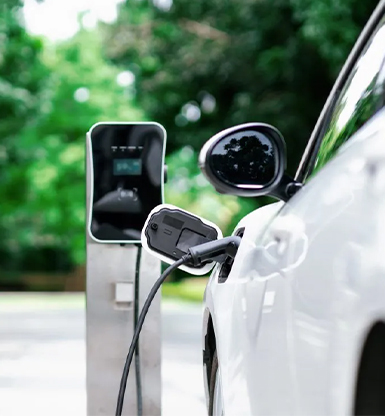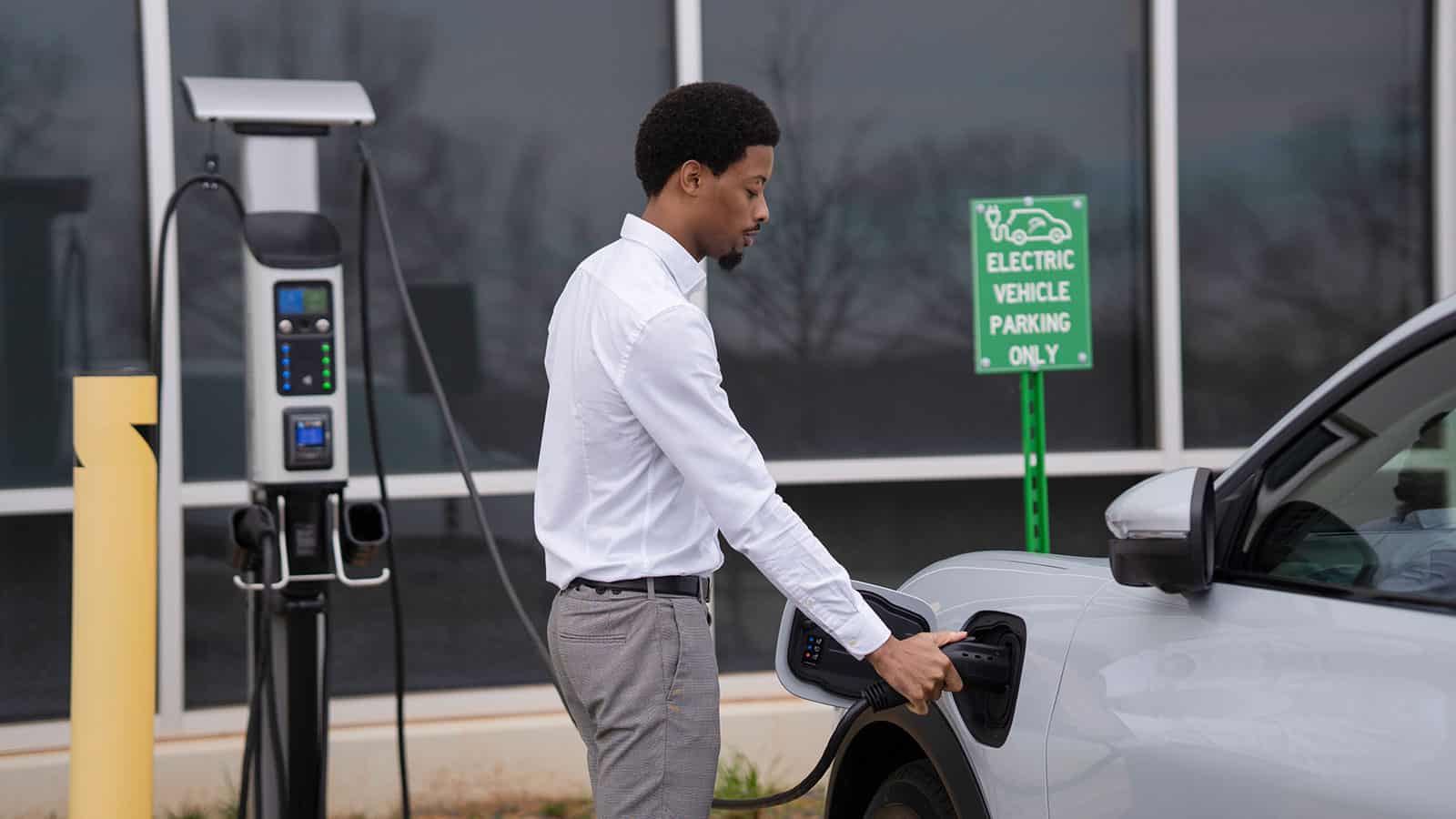New Dope in EV Charging: Exactly How the Market Is Advancing to Meet Demand
As the electrical lorry (EV) market continues to increase, the billing facilities is undergoing considerable improvements to attend to the surging need. The implications of these innovations elevate crucial questions concerning the future of EV charging and its role in the wider power ecosystem.
Development of Charging Facilities
The fast development of electrical vehicle (EV) charging infrastructure is a critical element in assisting in the widespread fostering of electrical flexibility. As federal governments, private companies, and consumers progressively recognize the significance of decreasing carbon discharges, financial investments accountable networks have surged. This facilities development is vital to relieve array anxiety, guaranteeing that EV users have convenient access to billing terminals.
Substantial advancements accountable terminal innovation and deployment methods have actually arised. Urban areas are seeing a spreading of public charging terminals, while country areas are progressively being incorporated right into the charging network. In addition, collaborations in between automobile producers and charging providers are becoming extra common, helping with the establishment of comprehensive networks that enhance customer experience and availability.
Furthermore, the assimilation of renewable resource sources right into charging stations is gaining energy, promoting sustainability in the EV community. This change not just supports environmental objectives but additionally straightens with the increasing need for eco-friendly energy options among consumers.
Ultra-Fast Charging Technologies
Ultra-fast billing modern technologies represent a considerable leap onward in the EV billing landscape, making it possible for electric automobiles to recharge in a portion of the time compared to standard charging approaches. These advancements commonly provide power degrees exceeding 150 kW, with some systems rising to 350 kW or even more, dramatically reducing charging times to just 15-30 minutes for a considerable cost.
Key enabling innovations include innovations in battery chemistry, power electronic devices, and thermal administration systems. As an example, high-capacity batteries with boosted thermal stability permit faster charging without overheating. Additionally, developments in charging infrastructure, such as liquid-cooled wires and modular billing stations, promote reliable power transfer, improving the general customer experience
Major vehicle suppliers and technology firms are proactively purchasing ultra-fast billing networks, acknowledging the crucial role they play in getting rid of range stress and anxiety and accelerating the fostering of electrical lorries. As these technologies become extra commonly readily available, the EV market is anticipated to witness considerable development, making electrical mobility a more eye-catching alternative for customers. Generally, ultra-fast billing technologies are pivotal in shaping the future of lasting transport, leading the method for a much more extensive and efficient billing environment.
Smart Grid Assimilation

Through demand action approaches, smart grid systems can adjust charging schedules based on grid conditions and power rates. Throughout durations of high demand, charging can be delayed to off-peak hours, resulting in reduced costs for customers and decreased stress on the grid. Additionally, vehicle-to-grid (V2G) innovations enable EVs to release energy back into the grid, improving and offering supplementary services grid stability.
Assimilation with renewable resource go sources even more boosts the sustainability of EV billing. By straightening billing activities with durations of high solar or wind generation, wise grids promote a greener charging infrastructure. Ultimately, clever grid assimilation not only sustains the expanding demand for EVs but also adds to a navigate to this site much more sustainable and resilient power future, placing the industry for lasting success.
Battery Technologies
In the middle of the quick advancement of electrical cars (EVs), battery advancements stand at the forefront, driving improvements in efficiency, performance, and sustainability. As the need for EVs surges, scientists and makers are concentrating on boosting battery modern technologies to deal with obstacles such as variety anxiousness and billing times.
Lithium-ion batteries continue to be one of the most extensively used modern technology, yet new products and chemistries are arising to boost energy thickness and long life. Solid-state batteries, for example, assure better energy storage capacity and enhanced safety by replacing liquid electrolytes with solid ones. This shift could significantly decrease the risk of fire and enhance the life expectancy of batteries.
Furthermore, advancements in battery recycling processes are essential for sustainability. Business are establishing techniques to recuperate valuable materials like lithium, cobalt, and nickel from made use of batteries, advertising a round economic climate and lowering ecological influence.

Global Charging Requirements

Initiatives are underway to establish worldwide charging requirements that assist in compatibility among numerous EV models and billing stations. Organizations such as the International Electrotechnical Commission (IEC) and the Culture of Automotive Engineers (SAE) are working collaboratively with vehicle manufacturers and energy companies to develop additional resources thorough standards. EV Charging news. These standards goal to simplify the charging procedure, decrease the demand for several adapters, and improve user experience
Furthermore, standardization can considerably reinforce the development of the billing network, as it urges investment by making framework growth extra effective and predictable. As the EV market matures, a unified method to billing standards will be essential for ensuring that consumers can charge their lorries easily and reliably, thereby sustaining the more comprehensive shift to sustainable transportation.
Conclusion
The electric car charging market is undertaking significant improvement to deal with the surging need for lasting transport. Developments accountable infrastructure, ultra-fast innovations, smart grid integration, and ingenious battery remedies are critical in improving user experience and functional performance. The search of international charging standards is important for ensuring interoperability across different areas and systems. Jointly, these developments position the market to support a broader fostering of electrical lorries, inevitably adding to a more lasting future.
Urban areas are seeing an expansion of public charging terminals, while country regions are slowly being incorporated into the billing network. Additionally, growths in charging infrastructure, such as liquid-cooled cables and modular billing terminals, assist in efficient power transfer, boosting the overall individual experience.
Overall, ultra-fast charging technologies are crucial in forming the future of sustainable transport, leading the means for a much more efficient and considerable charging ecological community. - EV Charging news
By aligning charging activities with periods of high solar or wind generation, clever grids promote a greener billing facilities.Efforts are underway to develop international billing standards that facilitate compatibility among different EV versions and billing terminals.